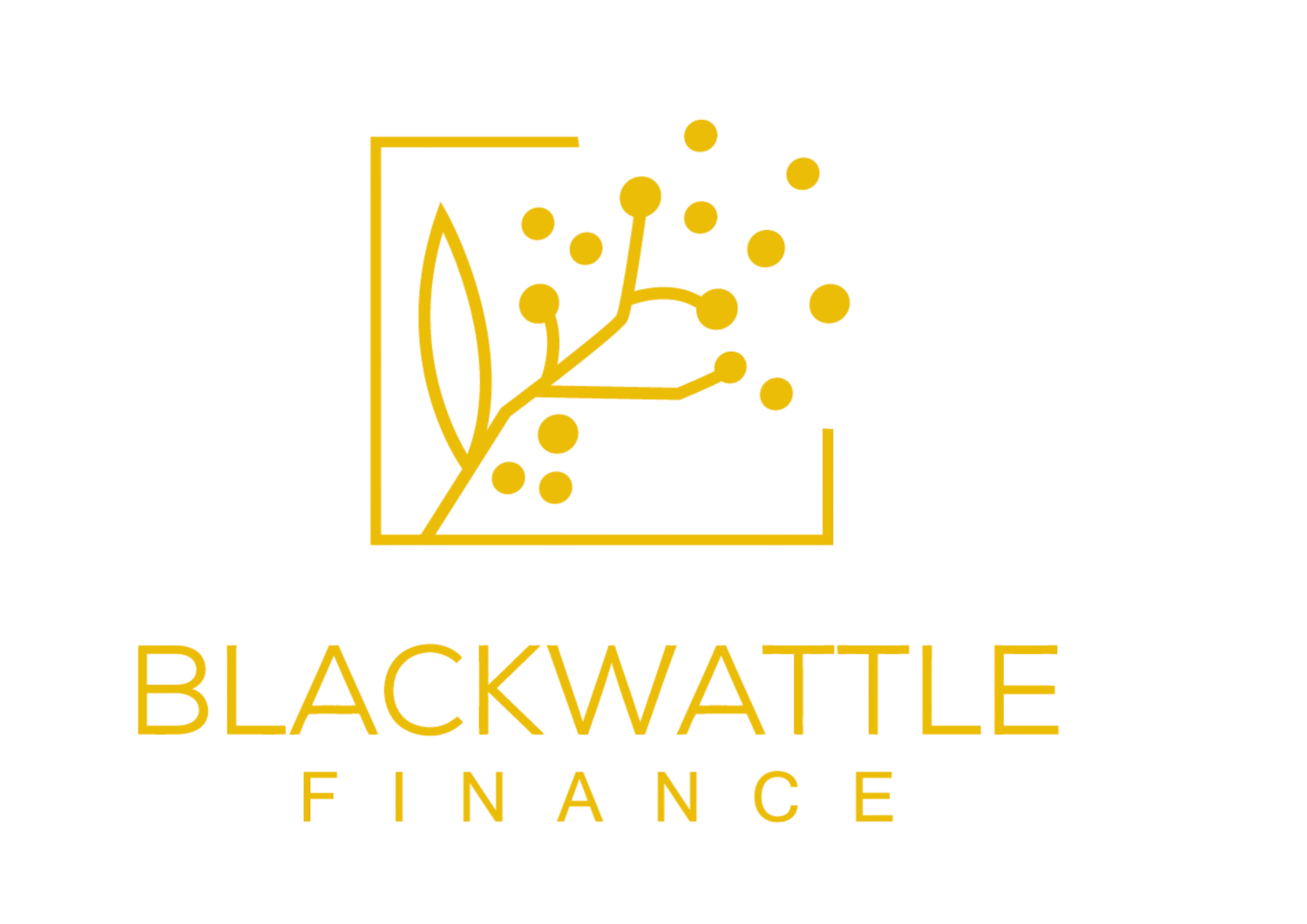Figuring out how much you can borrow for a home loan isn't just you telling the bank you can afford the repayments. It's a detailed process where every aspect of your financial life can be scrutinised. They'll want to know all the standard stuff about you like your household income, and other income such as rental or investment. But there's more to the equation than just the basics.
Your existing debts play a crucial role. Car loans, buy-now-pay-later, HECS, credit cards… these will all chip away at your maximum borrowing power. Credit cards in particular can bring your maximum down. Lenders will look at the card limits – not the balance – when assessing your borrowing power.
If you have non-mortgage debt and are thinking about a home loan you can consider paying down your debts and reducing credit card limits or closing credit cards. Speak to us first – if you’re using your saved deposit to close other credit you want to make sure you don’t leave yourself short.
What about my Uber Eats addiction?
Yes, banks care about how you spend. Particularly if you have a smaller deposit, the lender will want to see your spending habits to make sure you aren’t putting half your pay on race 4 at Flemington every Saturday. If you’re an Uber Eats fan and have excessive transactions on your statement this could hint to the lender that you aren’t super responsible with your spending. It’s beneficial to your bank statement regularly to see where your money is going. Uber Eats, Afterpay, Streaming Services, and eating out can quietly accumulate over time. Even if you aren’t applying for a loan, reviewing your spending is a good financial habit to be in.
In the end, getting a mortgage isn't just about numbers on a page. Part of it is proving to the bank that you're financially responsible and ready to take on the challenge. So, get wise, tighten your budget, and talk to us for advice on how to get into your home sooner.

